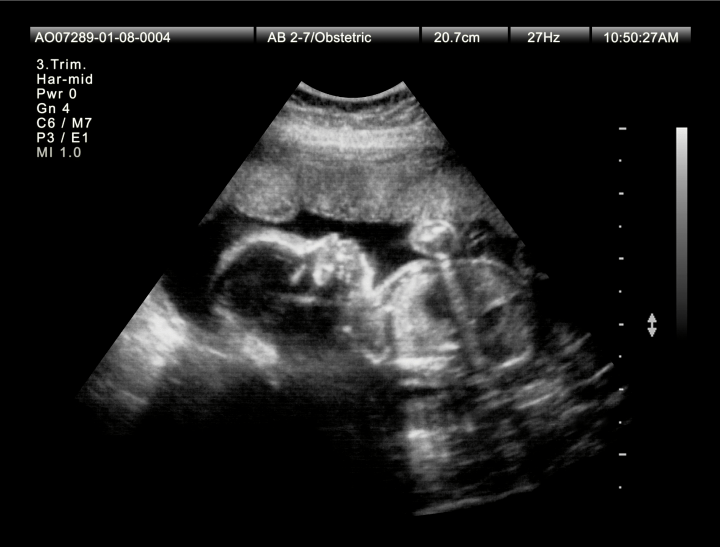
There are an estimated 120,000 embryos on ice across Australia right this second.
Some of these embryos will be implanted, but many may not be.
In the IVF world, couples with unused embryos are usually given three options. Most often, they are either destroyed or donated to science, but a third option of embryo donation does exist. And it could be the right fit for you.

Embryo donation is the giving of unused embryos, which remain after one couple’s IVF process to another couple – without payment.
For David and Marieke McPhail, their experience with infertility lead them to identify an untapped market – a matching service for donors and recipients.
Read more: Modern dilemma: Sofia Vergara’s ex is suing her to get access to her embryos.




























































































